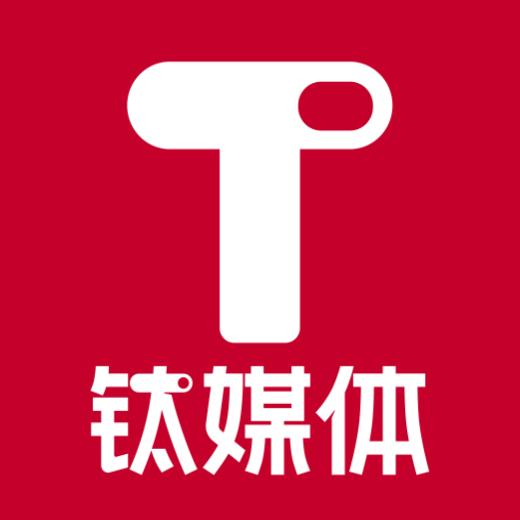TMTPost -- Senior trade officials of China and the European Union agree to ramp up efforts to find a solution to electric vehicle (EV) tariff disputes during a visit of Chinese Commerce Minister Wang Wentao.

Credit:the Ministry of Commerce of China
"Constructive meeting with Minister of Commerce Wang Wentao. Both sides agreed to intensify efforts to find an effective, enforceable and WTO (World Trade Organization) compatible solution," said the European Commission Executive Vice President and Trade Commissioner Valdis Dombrovskis on social media X following his meeting with Wang Thursday. Dombrovskis added he had held “constructive” talks with Wang.
The EU made clear to China that it will continue its formal investigation into unfair subsidies for EVs made in China, but “the two sides agreed to take a renewed look at price undertakings”, according to Olof Gill, a spokesperson for the European Commission.
Thursday saw China and the EU engaged in a "comprehensive, in-depth, and constructive" consultation regarding the EU’s ongoing anti-subsidy investigation into Chinese EVs, accrding to a statement by the Ministry of Commerce of China (MOFCOM). During their talks that day, Wang and Dombrovskis expressed clearly their political will to resolve differences through consultations, and agreed to continue pushing forward negotiations on the price commitments, and spare no effort to reach a mutually acceptable solution through friendly dialogue and consultation, the ministry said.
The European Commission initiated the anti-subsidy investigation without a formal complaint from the industries within the EU, and the rulings were "non-compliant, unreasonable, and unfair," said the MOFCOM. It stressed that the Chinese industry proposed a price commitment solution during the investigation and further improved it based on the concerns of the EU, which fully demonstrated the utmost flexibility and sincerity from the Chinese side.
China urges the EU to implement the important consensus reached by the leaders of China, France, and the EU on properly addressing economic and trade frictions through dialogue and consultation, and to take proactive actions to meet China halfway, according to the MOFCOM. It cautioned that China will resolutely take necessary measures to protect the legitimate rights and interests of its enterprises, if the EU insists on implementing unreasonable tariffs.
The MOFCOM signaled China could hit back at EV tariffs with retaliatory duties through its ongoing probe into EU dairy and other sectors. China's trade remedy investigations against the EU were launched at the request of domestic industries, in full compliance with Chinese law and World Trade Organization (WTO) regulations, said the statement said. "China has the responsibility to safeguard the justified demands and legitimate rights of its domestic industries," the statement said.
Wang visited to Europe ahead of a key vote that determines the five-year elevated tariffs across the EU. The EU aims to hold a vote on introducing definitive tariffs on Chinese-made EVs on September 25, Bloomberg reported earlier this week, citing people familiar with the matter. Vote planned for September 25 will now slip without giving any reason, a report of the Politico quoted diplomats Thursday ahead of crunch talks between Wang and Dombrovskis. With no new date set for the vote, the week of Sept. 30 now looks to be the earliest possibility, two of the diplomats said, according to the report.
The reported vote could pave the way for duties up to nearly 47% imposed in the EU. disclosed last month its draft decision to impose definitive countervailing duties on imports of BEVs from China to interested parties. The European Commission disclosed last month its draft decision to impose definitive countervailing duties on imports of battery electric vehicles (BEV) s from China to interested parties.The regulatory body proposed to add up to 36.7% to the current 10% duty faced by Chinese exporters, modestly lowered from the initial maximum planned duty of 37.6% set in the start of July.
The proposed final duties will be subject to a vote by the EU's 27 states. They will be implemented by the end of October unless a qualified majority of 15 EU members representing 65% of the EU population vote against.




























热门跟贴